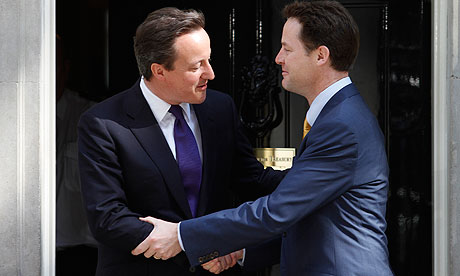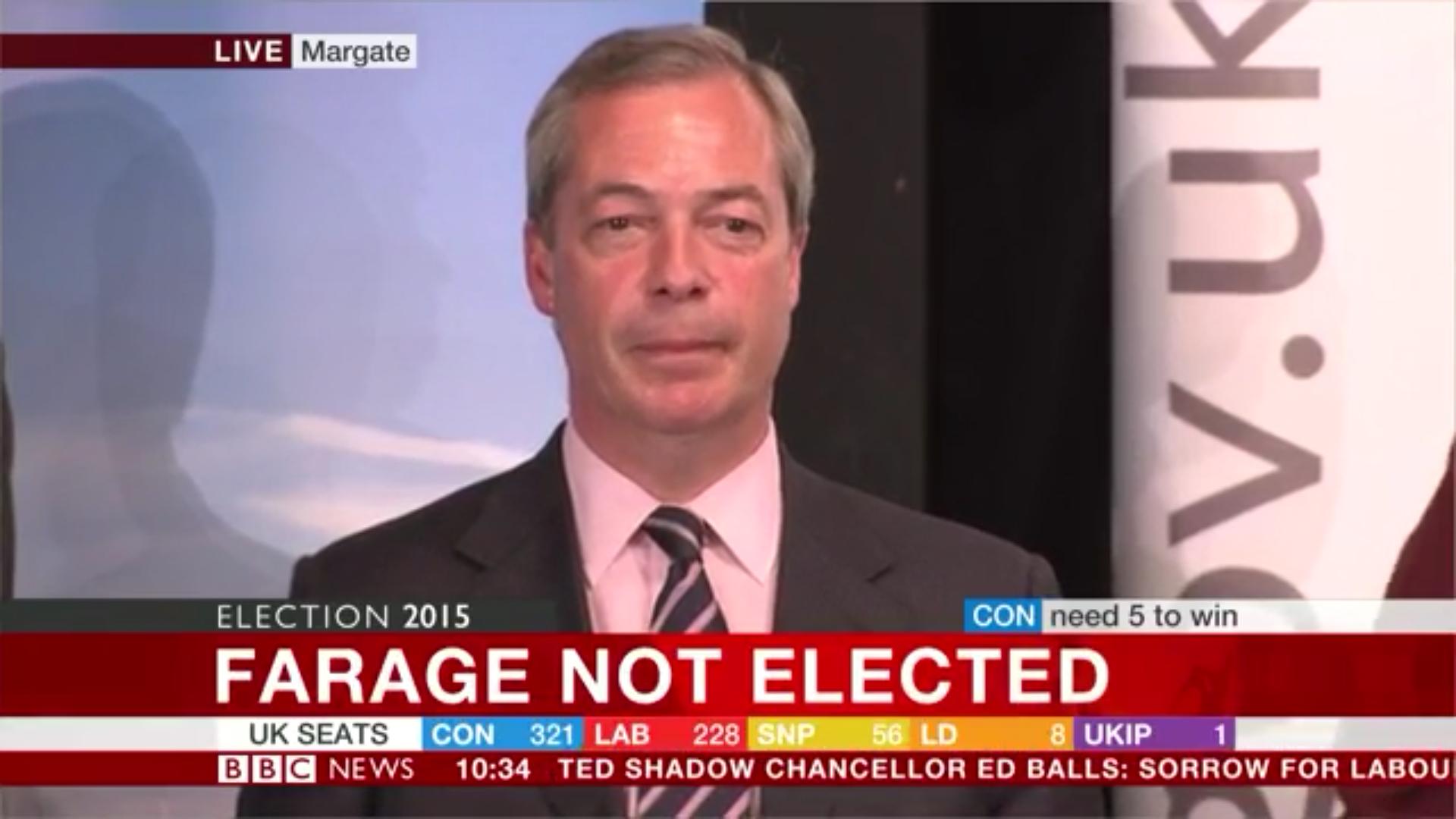Our Broken Electoral System – Will Christmas
We heard so many complaints before the last general election, “There’s no point in me voting,”; “it won’t change a thing,”; “I can’t be bothered.” And while the majority of adults voting dismissed these complaints, stating that those people were wasting their democratic privilieges, looking at the figures that came out of last year’s election, is voter apathy rightly justified?
The United Kingdom Independence Party (UKIP) achieved 12.7% of the vote, 3.9 million people, but only one seat. Although some people might actually be happy with this result, it also shows how broken our system is, no matter what your political beliefs are. There’s more. The Scottish National Party (SNP) took 95% of Scotland’s seats despite winning only 50% of Scottish votes. So the other 50% of Scottish voters were left with only a single seat each for the Conservative, Liberal and Labour parties, let alone the other minority parties. There are so many examples of the unjustness and unfairness of this political system, but we need to look at why this system is obviously not working.

The voting for MPs for each constituency is done by a system called, “First Past the Post”. In this system, the candidate with the most votes wins the seat and the losers gain no representation, no matter how large their share of the vote. This might seems like a very sensible option, because the party with the most amounts of votes gets an MP, but we live in a society where there is no one dominant party and lots of smaller parties and so there is very rarely a large winning margin in any particular constituency. This means a significant amount of voters who have voted for a candidate get no representation. The statistics for some constituencies are ridiculous: the smallest amount of votes to elect a MP was when Alasdair McDonnell of the SDLP won the seat of Belfast South with 24.5% of votes. Only three MPS got over 50% votes in their constituency and 191 MPs were elected with the support of less than 30% of their voting constituency.
First Past the Post causes smaller parties such as UKIP and the Greens to gain very few seats, which, to the supporters of these parties, seems completely unfair and politically alienating.
Our system is broken, as clearly shown by the statistics, and sadly this local miscarriage of democracy leads to the national situation we are currently in. The Conservatives secured 37% of the votes cast back in May 2015, but took 51% of the seats. Because of the low voter turnout (only 66%), this means it won the support of a mere 24% of registered voters. We have a party in government that more than three quarters of the population do not support and for which they didn’t vote! Surely this is not right? We need a different system where the votes actually affect the outcome and where a government is elected by more than a quarter of the population.
So what are alternatives to First Past the Post? There are several, but the main one being proposed by many parties is the alternate vote. In the alternative vote, voters can nominate 2nd, 3rd and 4th preferences so that if their favoured candidate is eliminated they can still have “a say” until one candidate gets more than 50 per cent of the support. This will mean that a candidate is elected who is favourable to more people.
This Alternate Vote system is more complicated than First Past the Post, and it is not perfect, definitely not; it is still not fully proportional. But it is a step in the right direction, a step to a country where votes are proportional to the number of MPs elected, or the elected government, and this country needs that. This electoral issue is not about your political view; it’s not about targeting any parties such as the Conservatives by wanting to introduce the alternate vote. It is about people in the United Kingdom being fairly represented by their chosen government, and this current system does not allow this.
The editor invites any reader to contact him about putting forward a formal counter-argument to Will’s.













3 comments